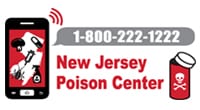Bites and Stings
New Jersey is a uniquely beautiful state with beaches, parks, forests, lakes and green spaces galore. Mother nature has indeed been very kind to us, but she’s also occupied these outdoor edens with some insects that don’t always play nice. Bees, wasps, spiders, ticks, mosquitos can not only be annoying, but dangerous. Not only can they bite and sting, but some carry illnesses or can trigger infections, irritation, and even anaphylactic (allergic) reactions.
If you have a question about how to self treat a bite or sting, want information on an insect you’ve found or a bite you have on your body remember help is just a phone call away. 1-800-222-1222
Insect Bites & Stings
- Be alert to insects that may bite or sting, particularly mosquitoes, ticks, bees, wasps, and hornets.
- After a bite or a sting, the skin may show redness and swelling, and may be itchy and/or painful
- Insect stings can cause serious problems and even death for those who are allergic to them. It is important to seek medical attention right away if you are stung and have any of these signs: hives, dizziness, breathing trouble, or swelling around the eyes and/or mouth.
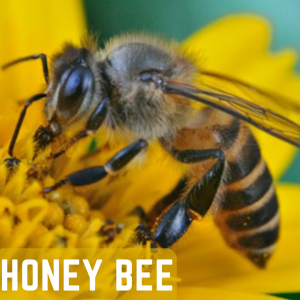
Bees, Wasps, Hornets, Yellow Jackets
-
- For most, stings will cause some pain and discomfort, the area around the sting may experience redness or discoloration, swelling, and itching.
- For those with allergies to these insects stings may cause rash, itching all over, wheezing, trouble breathing, and shock. Allergic reactions to these insects could be life threatening, and emergency support should be sought IMMEDIATELY.
- After a sting make sure the stinger is immediately removed.
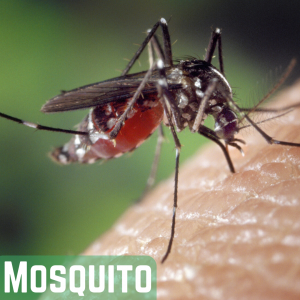
Mosquitoes
-
- Mosquitoes may carry potentially dangerous illnesses, the two most commonly found in New Jersey are; West Nile Virus, and Eastern Equine Encephalitis.
- Although difficult to completely avoid mosquitoes, there are steps you can take to reduce the risk of being bitten by these common pests
- Empty or change outdoor standing water
- Use screens in all windows and doors, make sure any holes in these screens are immediately fixed.
- Use EPA registered insect repellent containing DEET when attending outdoor gatherings or activities.

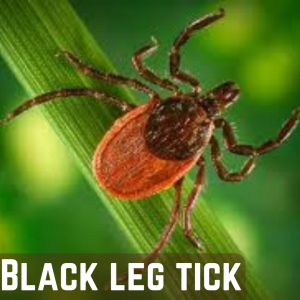
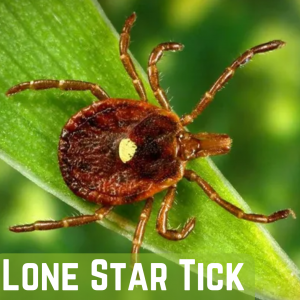
Ticks
-
- Ticks are commonly found all around New Jersey (not only in wooded areas or tall grass).
- Ticks may carry potentially dangerous illnesses. Tick borne illnesses most commonly found in New Jersey are; Anaplasmosis, Babesiosis, Ehrlichiosis, Lyme Disease, and Rocky Mountain Spotted Fever.
- Some early signs of tick-borne illnesses include; skin rash, tiredness, fever/chills, headache, still neck, muscle aches, joint pain, & dizziness.
- Although ticks are very commonly found around New Jersey (and the United States), there are steps you can take to reduce your risk of being bitten by a tick;
- Ticks are most commonly found in or near wooded or grassy areas. Always walk on paths or the perimeter of these areas and if you know you’ll be in these areas cover up; wear long sleeves and long pants, tuck pants into boots or socks.
- Keep your yard clean; mow grass, clear brush and remove leaves.
- Use EPA registered insect repellent containing DEET.
- After being in areas that are likely to contain ticks shower immediately to wash off unattached ticks and inspect your body to check for ticks. **When inspecting for ticks be sure to check; under the arms, in/around the ears, inside belly button, back of the knees, in/around hair, between the legs, around the waits, and on the scalp.
